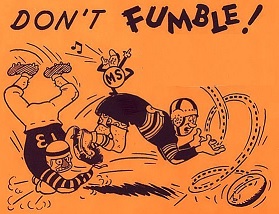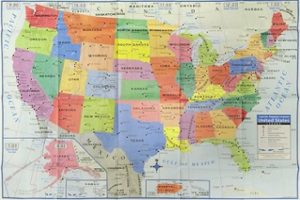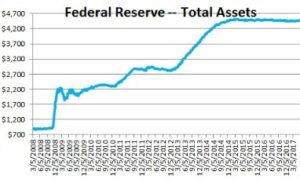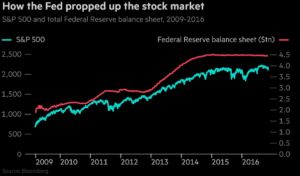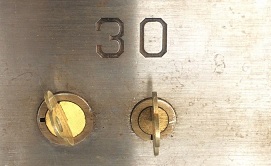When it comes to personal finance, most people are on the two extremes; either a Money Fumbler or a Money Manager. Which one are you currently closer to?
Money Managers are people that map out their cash flows for the entire year. Money Fumblers are people that have no idea how to map out their financial life and so they take unexpected expenses on the chin. As a general rule, Money Fumblers turn anything financially favorable into a financial calamity and Money Managers use them to permanently increase their financial stability.
You must first become an adequate Money Manager before you can take advantage of:
- Borrowing money of any kind for any reason
- Maximize credit card points
- Building a higher credit score to access lower interest rates
- Juggling favorable-leverage transactions (cost of money lower than return on money)
- Starting a business of any kind
- No-money-down real estate
- Even something as easy as earning a higher salary
If you fail to become an adequate money manager, then something as simple as earning more money or borrowing a little money can setup a financial catastrophe. This is because having access to more money means your bad financial habits will be exaggerated as well. I have watched Money Fumblers implode their net worth when they get a big promotion or inheritance. Some people ask me for advice on advanced financial topics even though they are uninterested in learning the financial basics. For example, a retired acquaintance lost nearly $90,000 this summer because he refused to manage the cash flow of a relatively simple real estate transaction. In another example, a neighbor’s son ruined his credit rating because he tried to pay off his car loan early but: he didn’t understand how to do it; he failed to follow-up; and he refused to ask for help. If you’re unable to pay off your car loan, how in the world could you be trusted to handle a more complex transaction?
There are financial arrangements that only benefit people who know how to manage their money. The Money Fumblers can’t help but turn victory into financial defeat. They need to work on understanding and improving their personal finances. The answer to most any financial question can likely be learned for free at your own bank or by doing a little homework of your own. The payoff for financial literacy is worthwhile: peace of mind, increasing financial stability, and increasing net worth.

